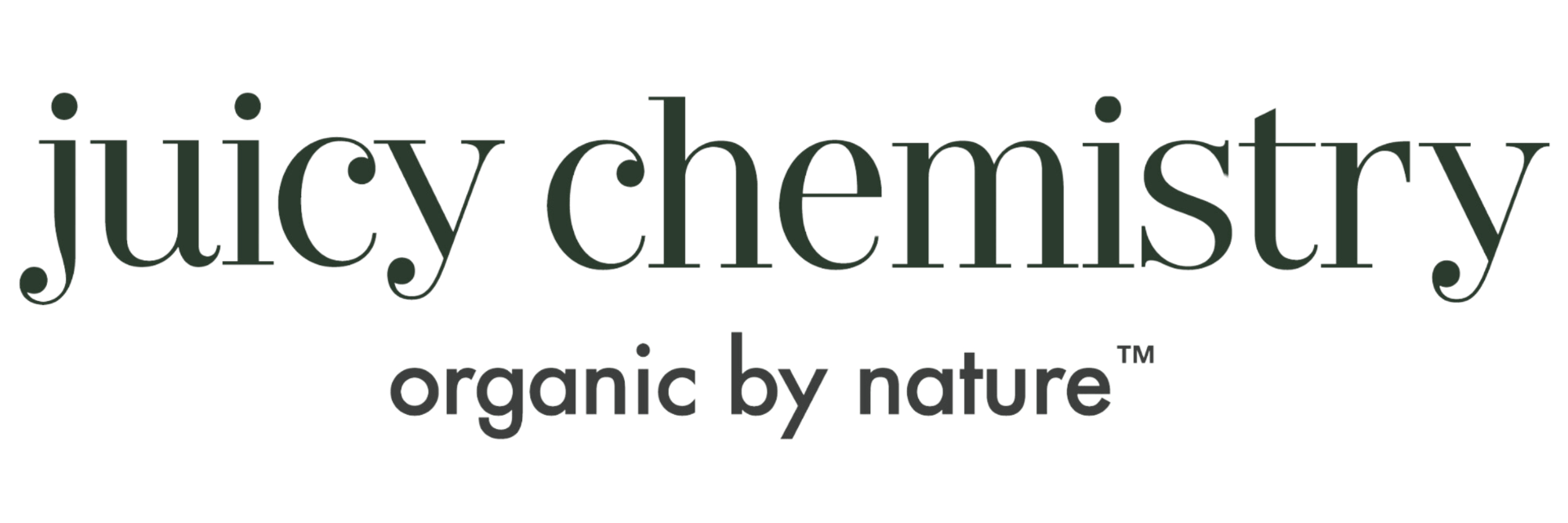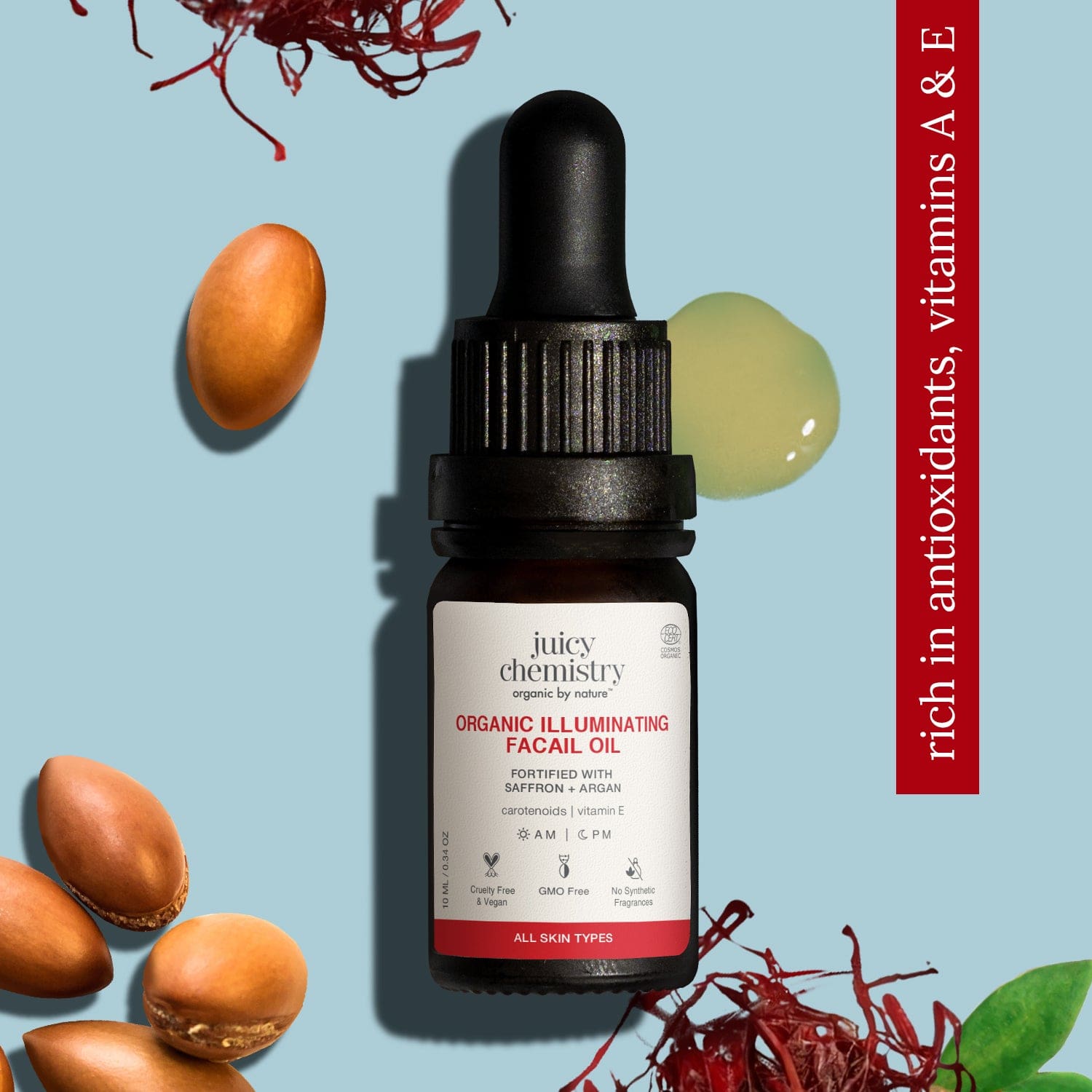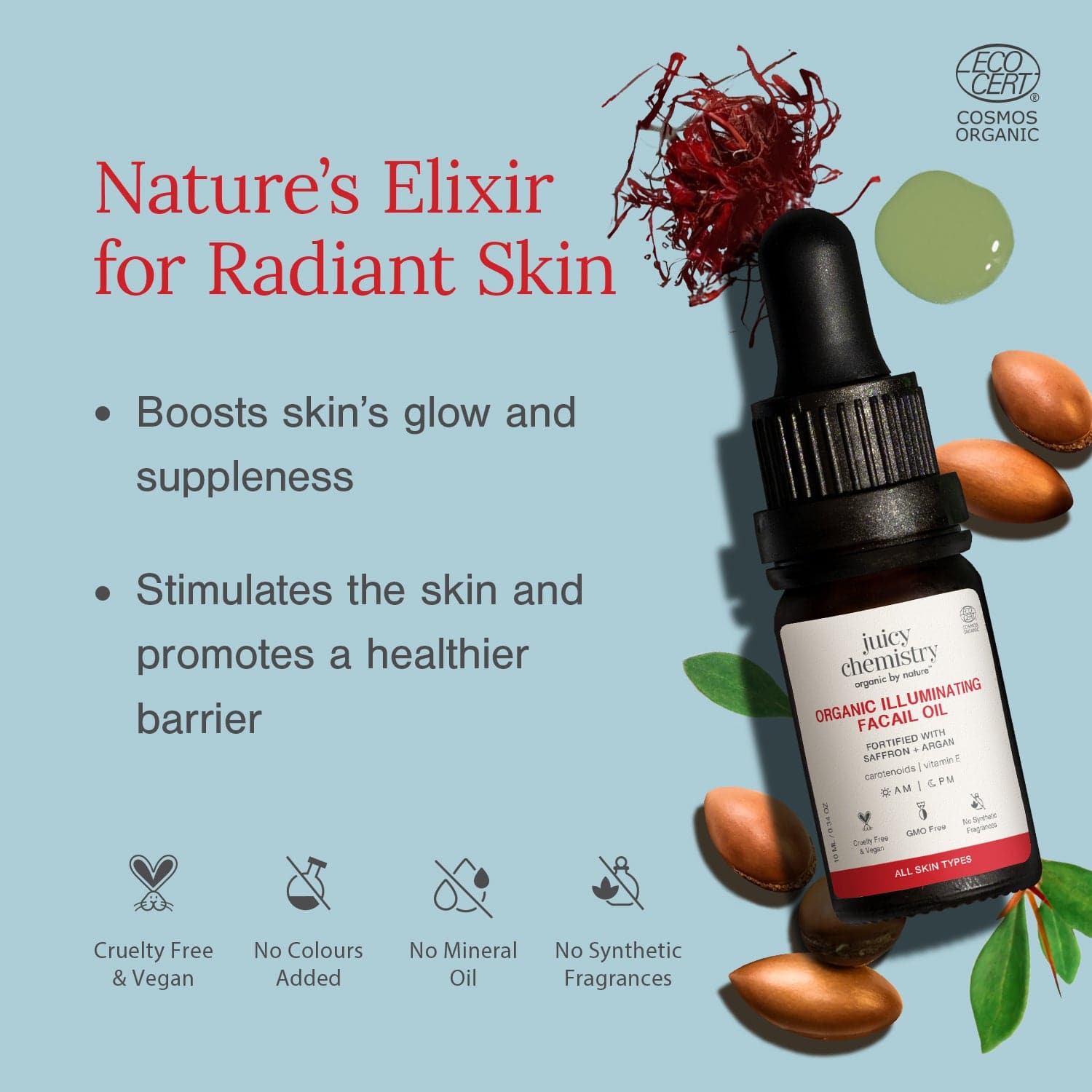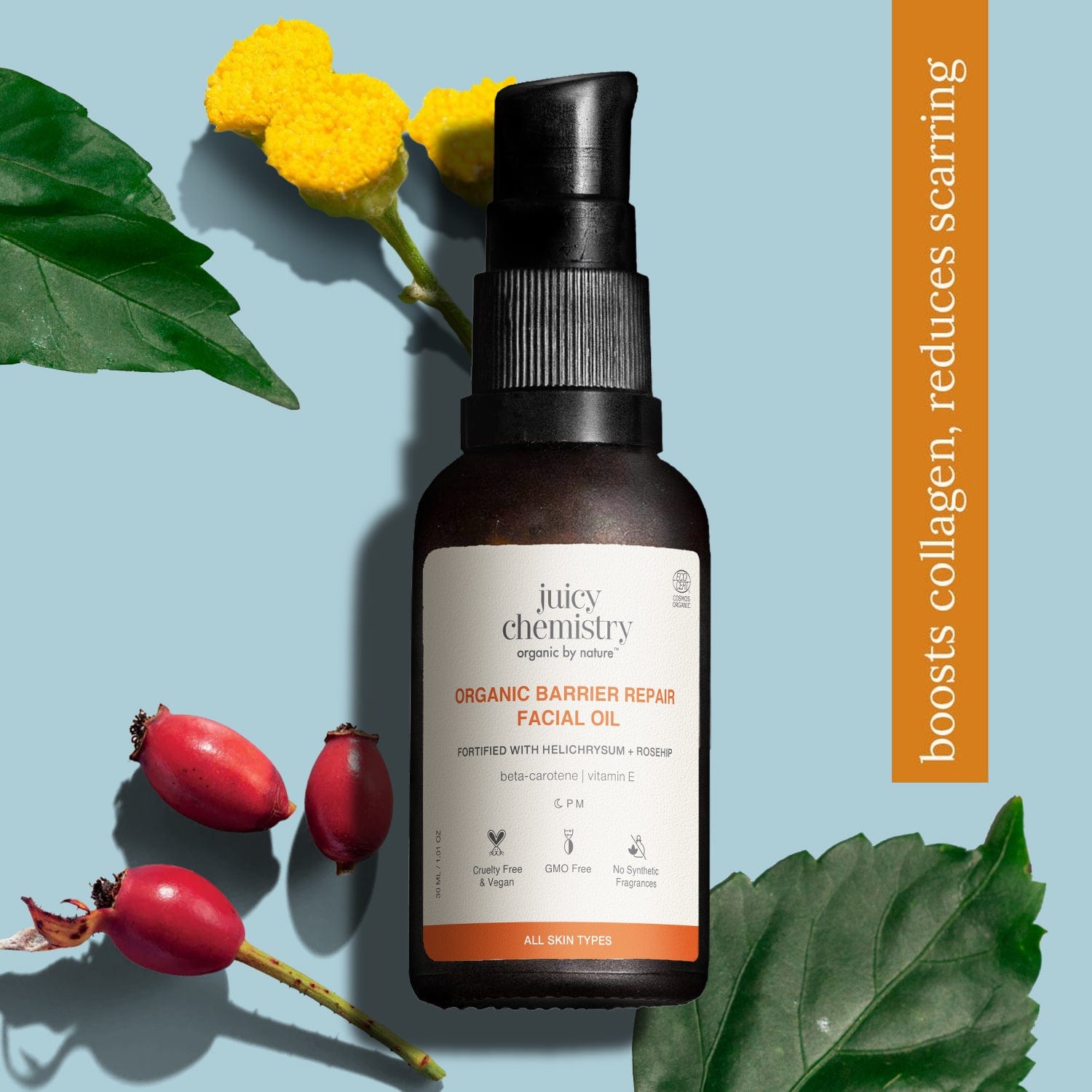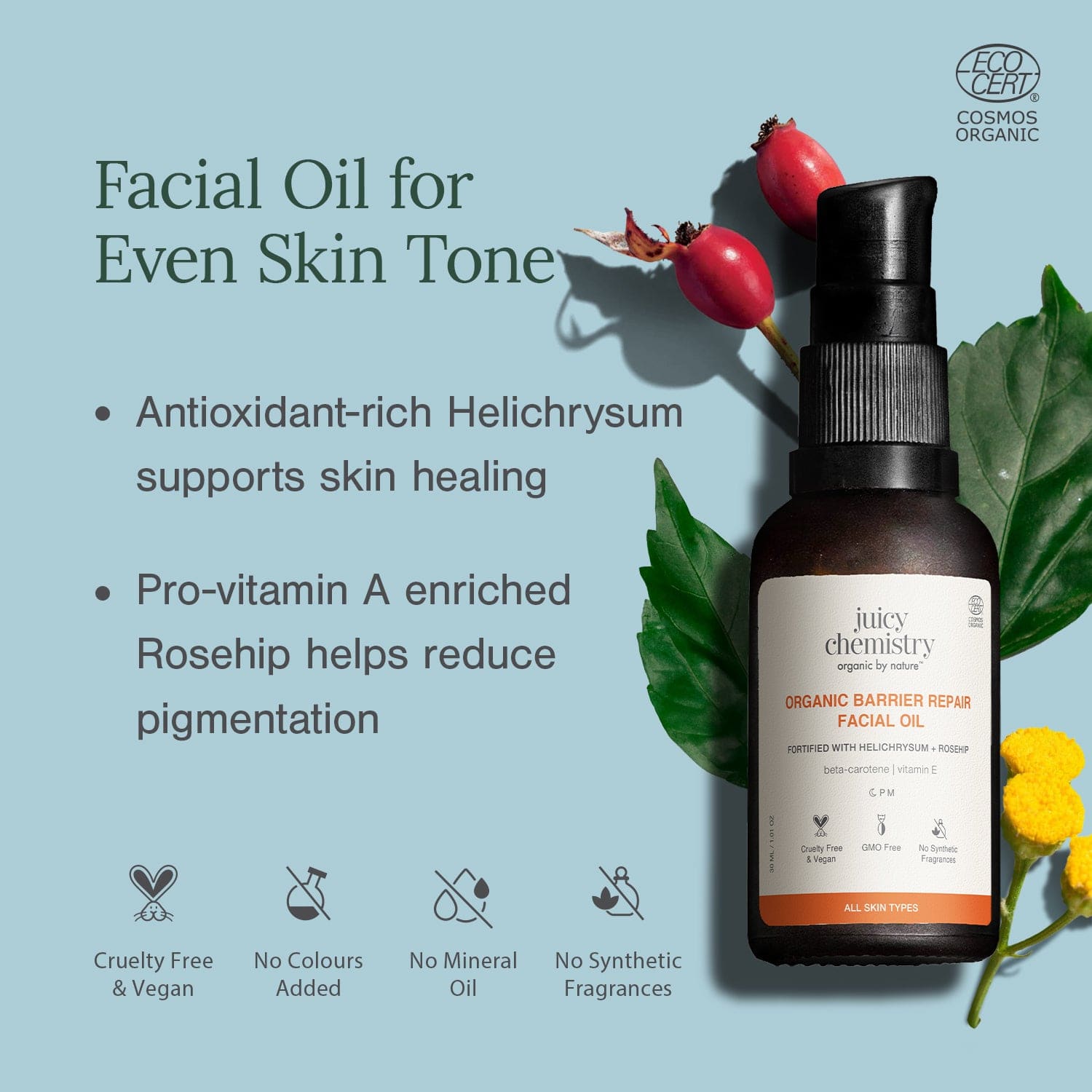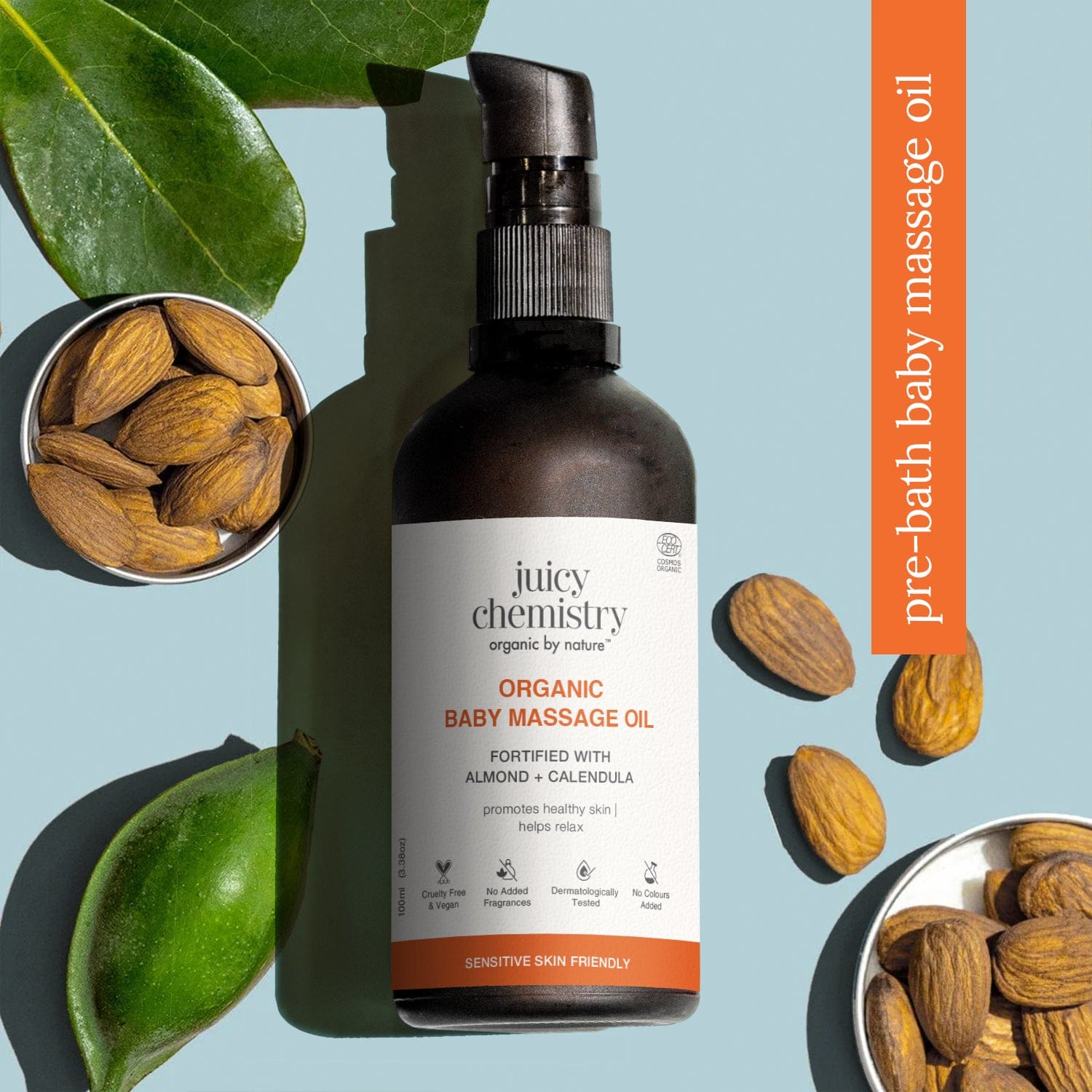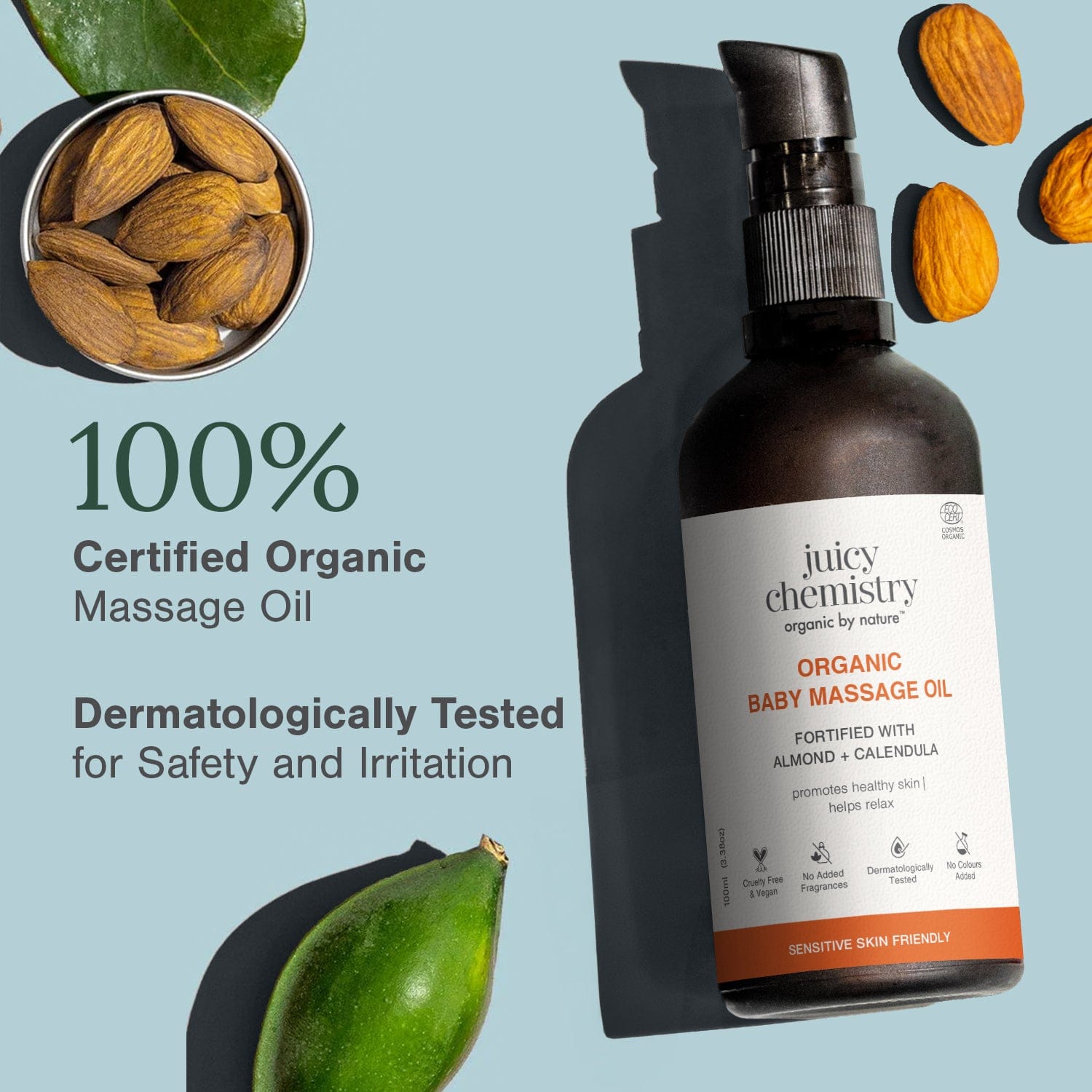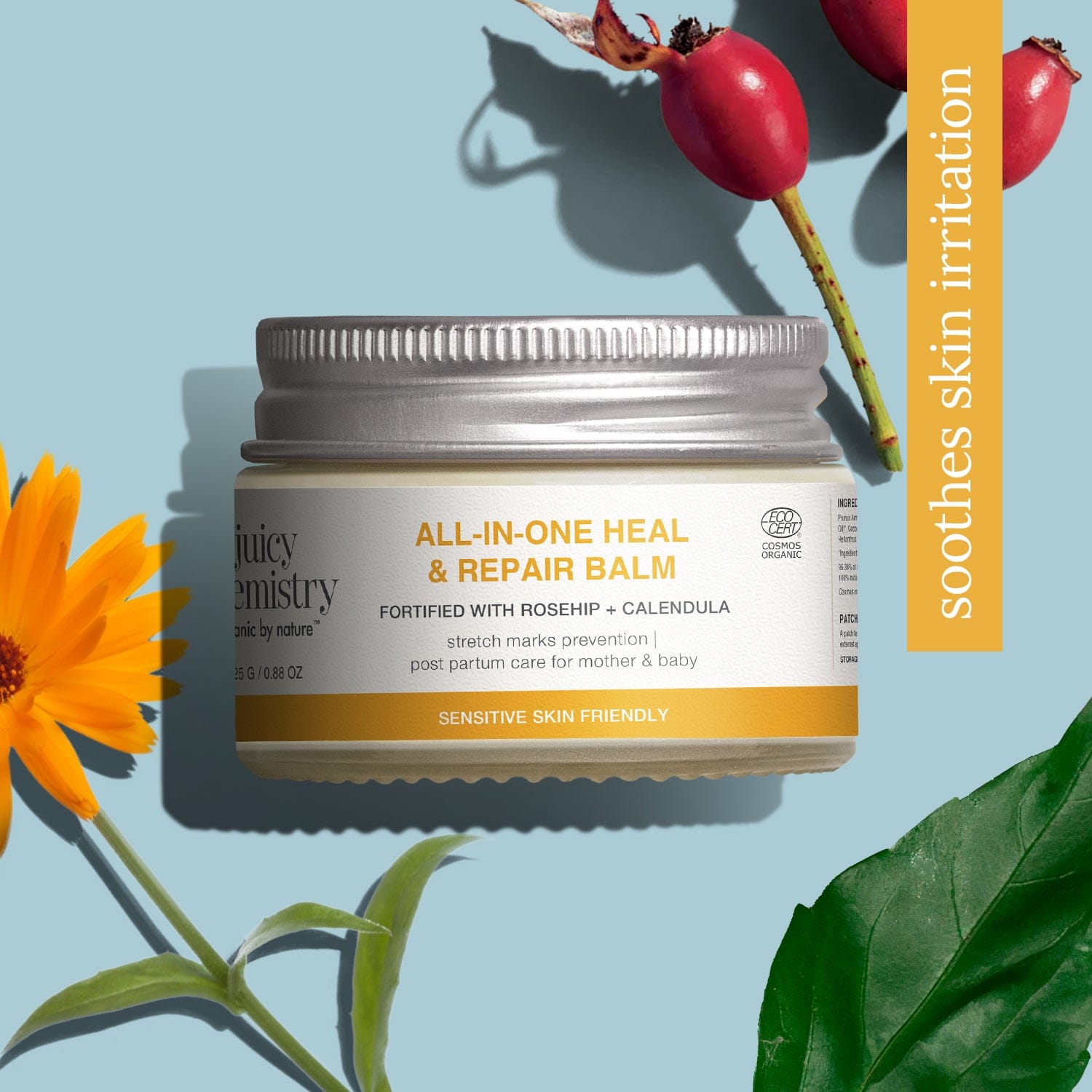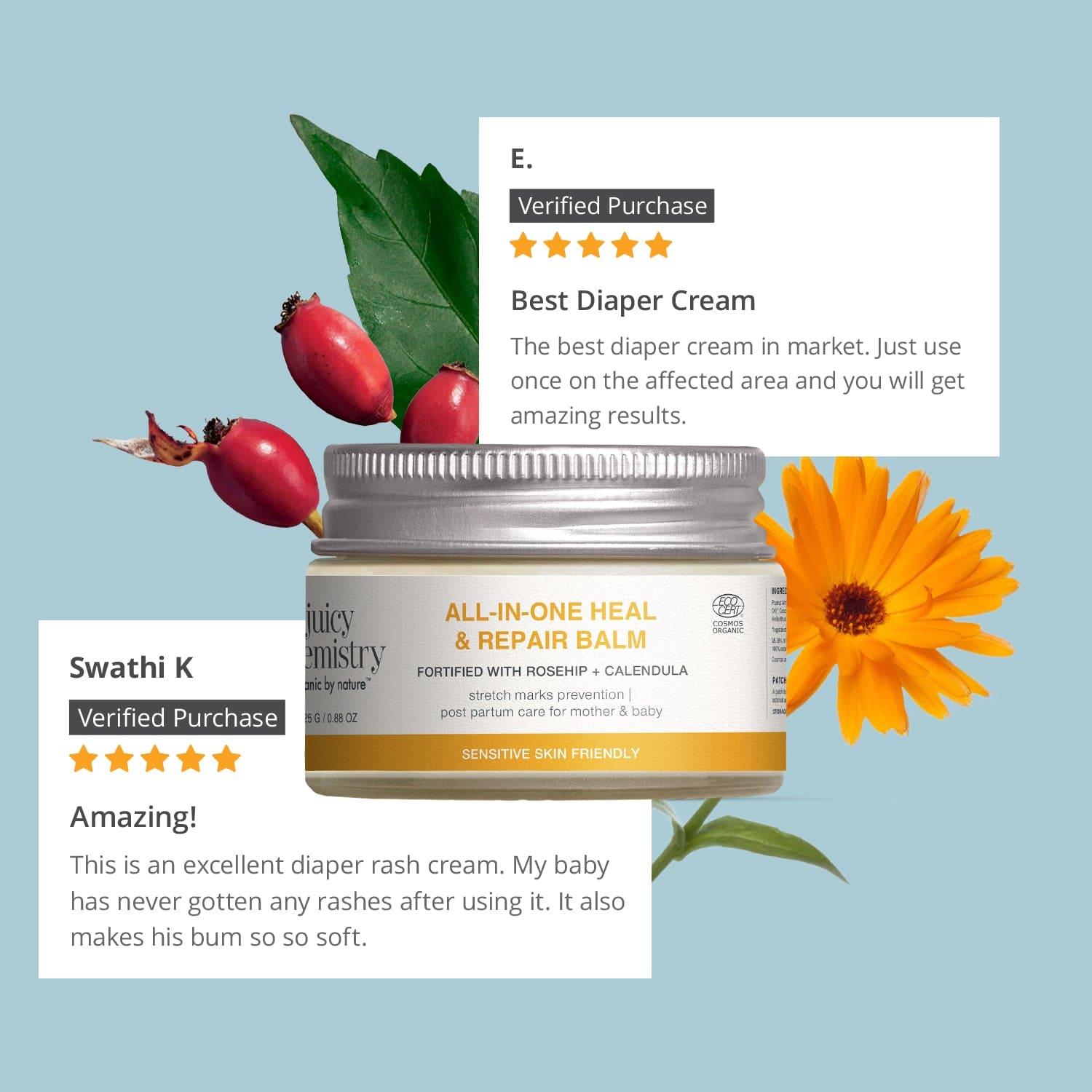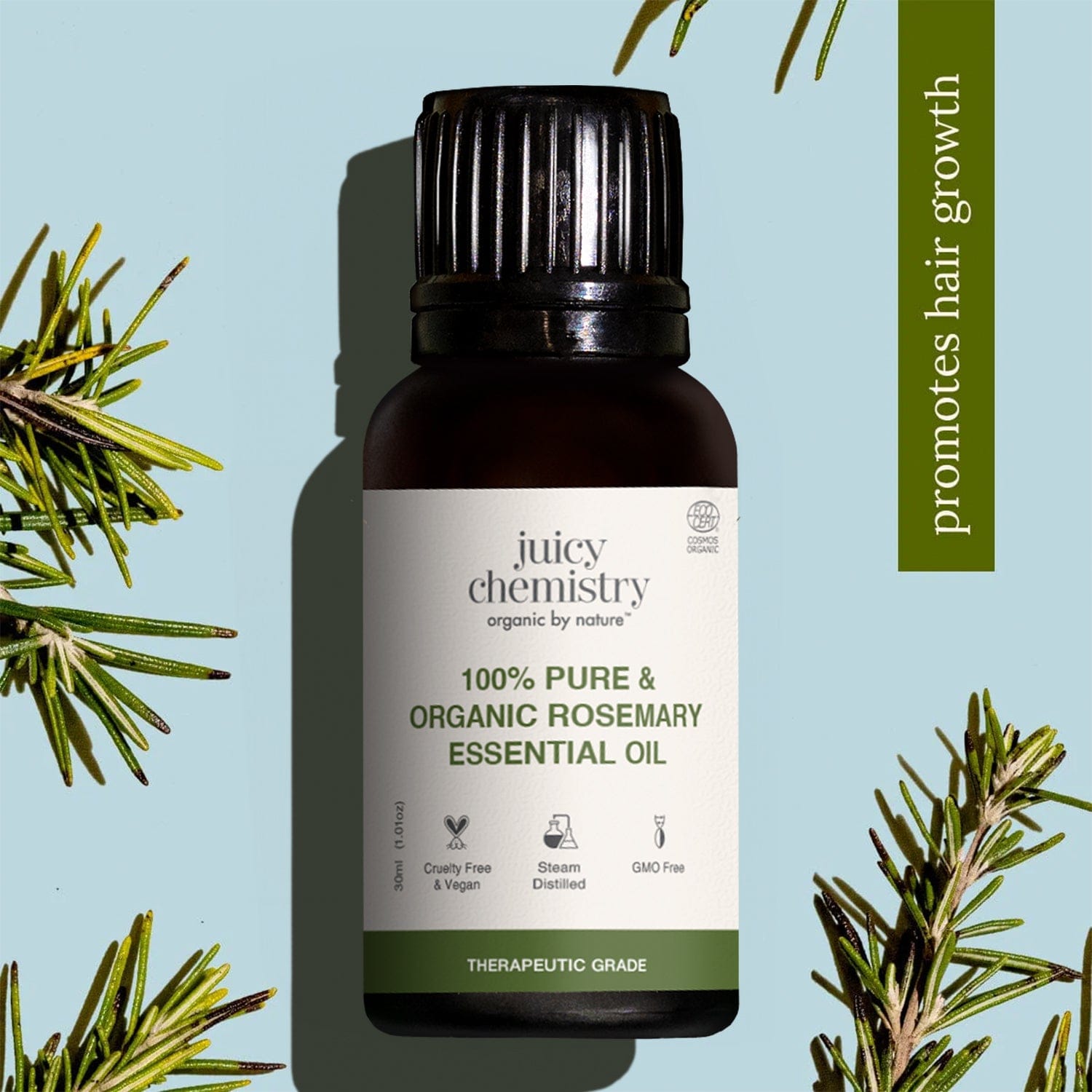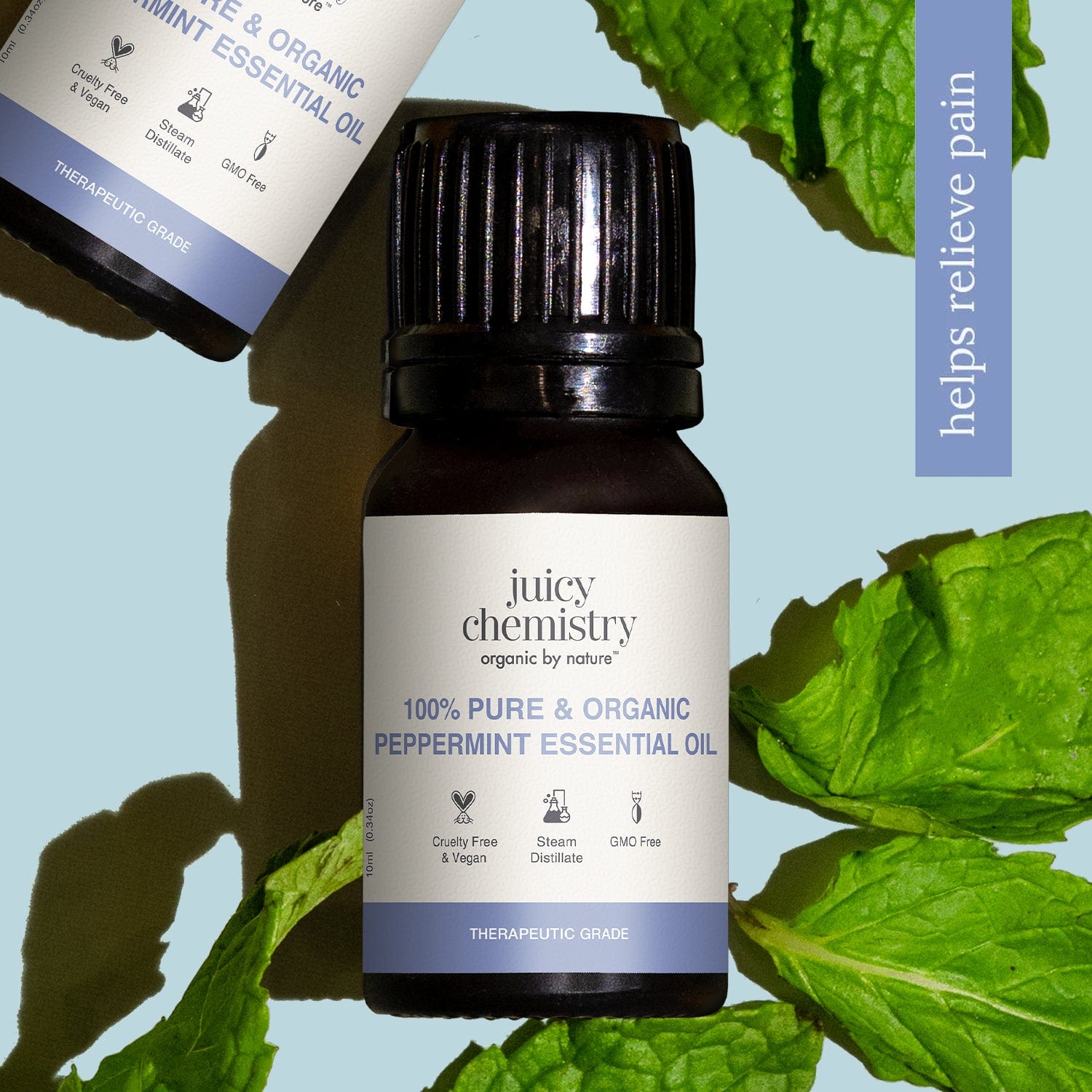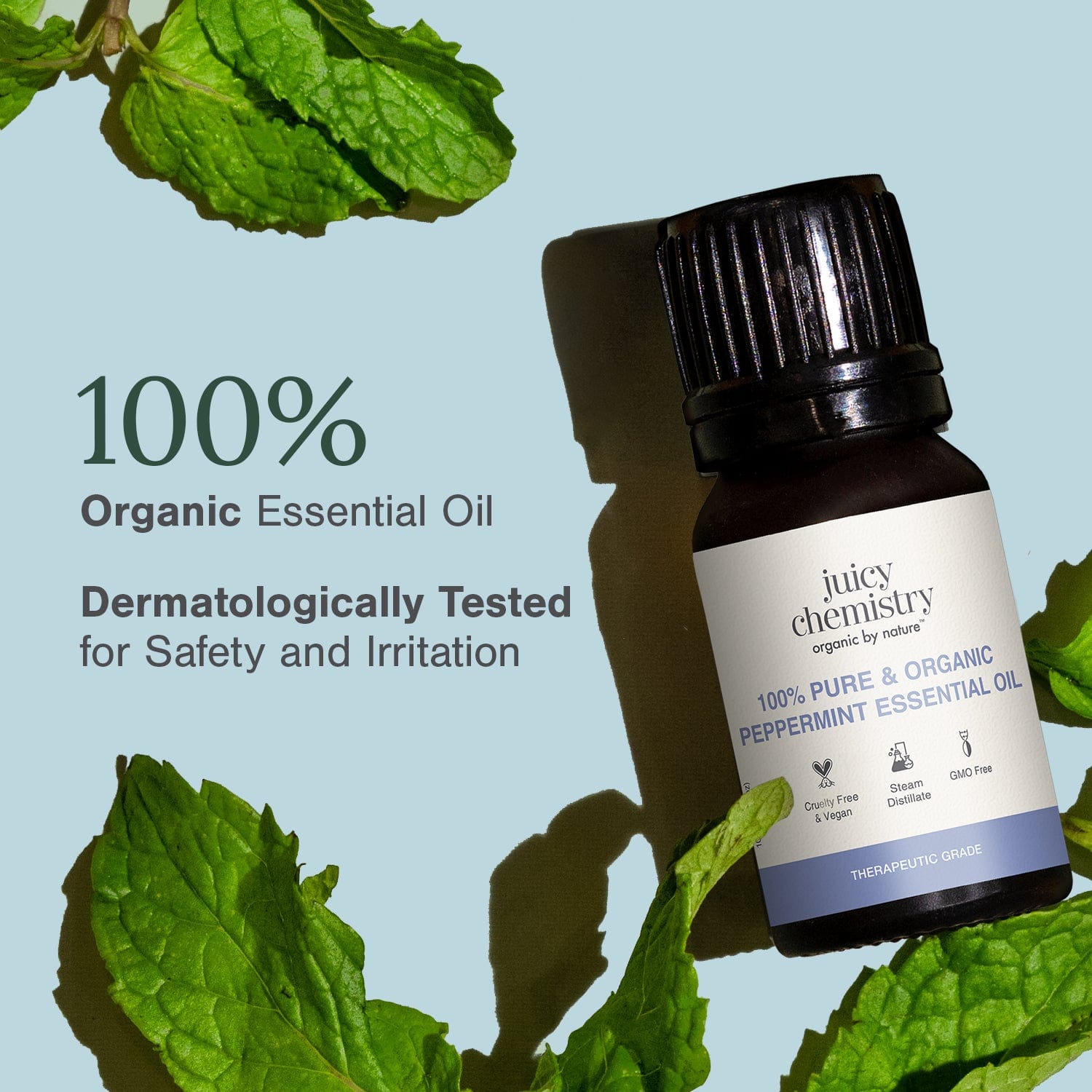Scalp Acne: Causes, Prevention And remedy
December 21, 2021-
How To Eliminate Scalp Acne?
Top Natural Solutions
Scalp acne, also known as scalp folliculitis, is a condition that results in pimples appearing along the hairline. These can manifest as raised bumps, whiteheads, blackheads, pustules, pus-filled lesions, or cysts that are embedded beneath the skin.
The formation of pimples on your scalp is primarily due to blocked hair follicles, which allow bacteria to infiltrate the pores along your scalp. While mild cases of scalp acne may resolve on their own, more severe instances can lead to scarring, discomfort, or even hair loss and bald patches over time. Let’s explore some common factors that contribute to scalp acne and how we can naturally mitigate them.
Factors Contributing to Scalp Acne
Excess Oil on the Scalp
When your scalp tends to be oily, it generates an increased amount of sebum. This excess oil makes your pores more susceptible to clogging and causes your hair to appear greasy while attracting dirt from the surroundings. Consequently, an oily scalp is more likely to develop pimples.
Accumulation of Hair Products
Residue from hair care products such as oils, conditioners, gels, and sprays can lead to blocked pores on your scalp, resulting in scalp acne.
Scalp Congestion
Neglecting regular hair washing and poor hair hygiene can lead to a build-up of dead skin cells on the scalp, which can enter your pores. This accumulation causes congestion on your scalp. When these dead skin cells cannot escape, they contribute to the development of scalp acne.
Irritation and Allergic Reactions
Certain ingredients in hair products that do not suit your skin and scalp can act as allergens. This may result in contact dermatitis, inflammation, itchiness, and bumps on your scalp. The urge to scratch your scalp can allow bacteria to enter your pores, leading to acne formation.
Overactive Sweat Glands
This condition is often observed during puberty or in individuals with hyperhidrosis, or excessive sweating. Overactive sweat glands on the scalp can attract more dirt and congestion, creating an environment conducive to bacteria entering your pores and causing pimples.
Hormonal Fluctuations
Research suggests that hormonal changes during puberty are associated with overactive sebaceous glands in the skin and scalp. This can lead to increased oiliness, scalp dermatitis, acne, and dandruff.
Wearing Tight Headgear
Wearing headgear and hair accessories for extended periods can create friction along the hairline, resulting in stress bumps. It also restricts oxygen flow to your hair, promoting sweating and congestion.
Environmental Conditions
Hot and humid weather can cause your skin and scalp to sweat more and produce additional sebum, leading to greasiness and congestion. This can contribute to the development of scalp acne.
Lifestyle Stressors
Irregular eating habits, stress, and anxiety can exacerbate oil production in the skin and scalp, creating favorable conditions for scalp acne to emerge.
Genetic Factors
Issues such as hormonal imbalances and overactive sebaceous or sweat glands are often inherited. These conditions typically begin to manifest during prepubescent or pubescent stages.
How To Eliminate Scalp Acne?
Choose Appropriate Hair Care Products
Adopting a proper hair care regimen with products tailored to the needs of your hair and scalp can help balance natural oils and prevent scalp acne.
Maintain Scalp Hygiene
Wash your scalp and hair once or twice a week, depending on your hair type and the prevailing weather conditions.
Regulate Sebum Production
Limit combing your hair to no more than twice daily to avoid overstimulating your scalp. If your scalp becomes oily quickly, consider using an organic dry shampoo to manage excess oil. Avoid washing your hair daily, as this can lead to dehydration, prompting your scalp to produce even more oil.
Handle Your Hair Gently
Minimize the use of hair accessories and headgear for long durations. Opt for hairstyles that are loose and accessories that do not place undue stress on your scalp and hair strands.
Adopt a Healthy Lifestyle
Limit the consumption of fried foods and incorporate nutritious home-cooked meals into your diet. Engage in yoga and meditation to alleviate stress.
Utilize Tea Tree Essential Oil
Research indicates that tea tree essential oil possesses strong antioxidant, antimicrobial, and anti-inflammatory properties that can help reduce acne and inflammation while promoting healing on the skin and scalp.
Exfoliate Your Scalp
Weekly scalp exfoliation can help dislodge dead skin cells, prevent pore congestion, and stimulate blood circulation, promoting healthy hair growth. This is an effective method to prevent pimples on your scalp.
Avoid using a scalp exfoliator if you have pustules or inflammation on your scalp or hairline.
Home Remedies for Scalp Acne
1. DIY Scalp Exfoliator -
Ingredients:
- Apricot meal (finely ground apricot kernels)
- Cold pressed neem oil
- Tea tree essential oil
Method:
- In a clean bowl, combine 2 tablespoons of apricot meal.
- Add a teaspoon of cold pressed neem oil and 2 drops of tea tree oil, mixing thoroughly.
- Apply the scrub gently to your damp scalp and hair. Allow it to sit for a few minutes to let the oils absorb.
- Shampoo and rinse your hair thoroughly. Any remaining apricot particles can be brushed out once your hair is completely air-dried.
Note - Always perform a patch test with DIY hair care recipes near your hairline before applying them.
2. DIY Scalp Soothing Oil -
Ingredients:
Method:
- In a clean bowl, mix 1 tablespoon of argan oil, half a teaspoon of hemp seed oil, and a quarter teaspoon of neem oil.
- Apply the mixture to your scalp and hair, leaving it in for an hour to allow the oils to absorb.
- Shampoo and condition as usual.
Note - Always perform a patch test with DIY hair care recipes near your hairline before applying them.
3. DIY Cooling Scalp Mist -
Ingredients:
Method:
- In a clean spray bottle, combine equal parts of aloe vera juice and lavender hydrosol. Shake well to mix.
- After shampooing and conditioning your hair, gently pat your hair with a towel to remove excess moisture. Spray the mist onto your scalp for a soothing and relaxing effect, providing antimicrobial and anti-inflammatory benefits.
- Allow it to absorb completely into your hair. Store any leftover mist in the refrigerator and use it within a few days.
Note - Always perform a patch test with DIY hair care recipes near your hairline before applying them.
Juicy Chemistry Products That Aid in Reducing Scalp Acne
-
Cold Pressed Neem Carrier Oil is effective against dandruff and scalp acne. It alleviates scalp irritation and encourages healthy hair growth. It is best utilized as a scalp massage oil.
-
Juicy Chemistry hair masks are crafted with nourishing plant oils and butters to deeply hydrate and condition your hair. Our Neem Butter, Pumpkin And Ginger Hair Mask also assists in controlling dandruff and alleviating scalp acne and inflammation.
-
- Juicy Chemistry hair serums are crafted with natural active components. Our Scalp Stimulating Serum alleviates inflammation and repairs damage to the scalp, encouraging healthy hair growth and reinforcing the scalp's protective barrier.
Common Questions
What is the method for applying scalp serum?
Our Scalp Stimulating Serum can be applied to your scalp prior to oiling your hair. Dispense 2 pumps of the serum into your clean palm and gently massage it into your scalp.
How should Juicy Chemistry hair masks be utilized?
Our organic hair masks can serve as a substitute for your regular hair oil. Apply a few pumps of the hair mask into your palm and massage it into your scalp and hair for about 5 minutes. You can rinse it out the following morning or allow it to absorb into your hair for 30 minutes.
Sources
